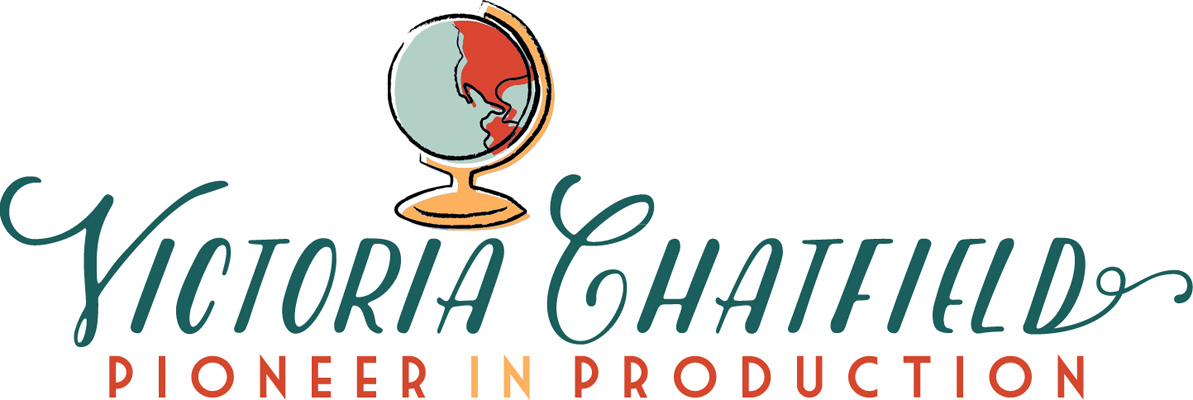 |
I wanted to talk briefly about the two most interesting sessions that I attended: the Cambridge Faculty of Education panel (How can we produce research of international impact and what steps should we make to facilitate international collaborations between researchers?) and Workshop 1 (Who is my research for? Positioning ourselves as researchers). I have to admit that I was baffled by the beginning of the Cambridge Faculty panel. Prof. Jan Vermunt gave a presentation about journal citation reports. These tell you how many times a specific academic journal has been cited in the past year, so that you can decide which journals you should submit your research to. The higher the ranking on the journal citation report, the more prestigious the journal. (I should mention that one of the journals that I read the most often, Research in Drama Education: The Journal of Applied Theatre and Performance, was at the bottom of the list.) Academics apparently have all sorts of score-keeping mechanisms, like Google Scholar. Their database lists the number of times that a specific journal article or book chapter has been cited. So if I wrote a journal article and three other researchers cited my work in their journal articles, then a little 3 would pop up next to that article on my Google Scholar profile.
So yes, if you want to get citations, there's a strategic way to go about it. However, this was where I started to wonder: Why are any education researchers measuring their impact by the number of journal articles citing their research? Let's be honest: the only people who read journal articles are other researchers. Who have probably either a) never spent a day as a classroom teacher or b) retired from the public education system long ago. Who cares what those researchers think? Who cares who they read or reference? Who cares what number pops up on your Google Scholar profile? In education, there's only one valid measure of impact: How many students has your work affected? It doesn't matter if you've written the best-cited article in Google Scholar history and scored a million gold rings, Sonic the Hedgehog-style. If your research never pops up in classrooms in Wichita, Kansas -- integrated into Mrs. Miller's fourth period class -- then all of your gold rings mean diddly-squat.
 |
Thankfully, Dr. Sonia Ilie started nudging the panel out of the Ivory Tower. "Don't leave research at the journal," she implored her audience. Take that journal article and "translate" it into a two-page policy brief for local government officials. Edit it down into "sound bytes" that can be published in the union magazine on the coffee table in the teachers' lounge. James Underwood (whom I'll talk more about later) said that there's no problem with only ten people reading your work, "as long as [it's] the right ten people." If you're a public policy researcher and the only person who ever reads your work is the Prime Minister of the UK? I'd consider that research a success. Even Prof. Vermunt of the journal citation reports concluded that "we have to publish our research twice at least" -- once for the academic researchers and once for a more practice-based audience (teachers, government officials, NPO managers, curriculum writers, etc.).
If Dr. Sonia Ilie gently nudged, James Underwood shoved the conference out of the Ivory Tower and left it splattered on the pavement below. This man was my education researcher spiritual soulmate. He had us question if research even needs to be published, or if research can be conducted simply to benefit yourself. (To what end, educational research?) He told us that an interview question for prospective lecturers at his university (the University of Northampton) is: "How has your research directly impacted a school, a group of students, or a student?" They don't ask about your published articles or your conference presentations or your ranking on Google Scholar. They want to know how your work had a real-world impact on actual teachers, principals, students, and families. At that moment, I knew two things: 1) If I ever wanted to get my PhD, I would be applying to the University of Northampton (sorry, mum!) and 2) I'm never getting my PhD.* The world that I discovered at the Kaleidoscope Conference was a great place to visit, but I don't think that I'd like to live there. It's not enough for me to write an article and then send it out into the void. Unless I can take my findings and immediately create a new program or draft a new bill or write some new curriculum, I won't be satisfied. I supposed that I'll never be an education researcher; I'm destined to always be a teacher-researcher instead.
* There's one exception. I'm open to pursuing a PhD (or other doctorate) that's firmly rooted in practice. The Royal Conservatoire of Scotland, for instance, has a DPerf (Doctorate of the Performing Arts) where you stage 4-5 theatrical projects with comprehensive write-ups and take supplemental coursework to become a more informed artistic practitioner. That degree sounds right in my wheelhouse, especially if I end up staying in Scotland for a while. Not saying that I'm staying in Scotland for a while or anything. Or maybe I am. We'll see.






No comments